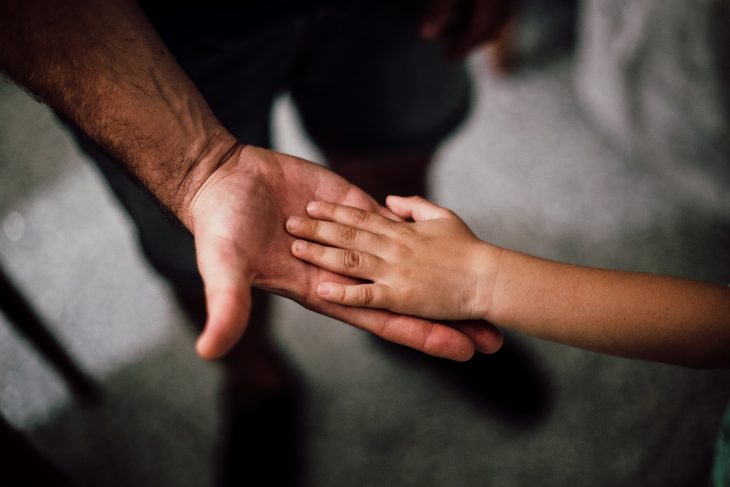
Finding a Father in a World of Scientists
Rebecca Reese
When you think about mad scientists and their creations, what do you think of? Mary Shelley’s Frankenstein made through the methods of chemistry and alchemy? Dr. Faustus and his adventures in alchemy and the metaphysical? Dr. Jekyll and his experiments on his own secondary identity? Or maybe you are more of a Disney fan, and you immediately think of Yzma and her crazy potions or Hiro Hamada and his healthcare companion Baymax. Whatever your idea of a crazy scientist and their invention may be, I can promise you that Rappaccini’s Daughter has to be the maddest scientist story out there.
Rappaccini is described as someone who “cares infinitely more for science than for mankind. His patients are interesting to him only as subjects for some new experiment. He would sacrifice human life, his own among the rest, or whatever else was dearest to him, for the sake of adding as much as a grain of mustard seed to the great heap of his accumulated knowledge.” And that is exactly what he did. He used his own daughter, Beatrice, as a poisonous gardener to tend to his toxic plant. Because of her complete immersion in the deadly flowers’ breath, she in turn became deadly. When Giovanni, a student at the local university, falls head-over-heels for Beatrice, he, too, becomes a poisonous being after spending time with her and her lethal plant. He discovers what he believes to be an antidote to their problem, but it ends up killing Beatrice instead of curing her. Just like a normal science fiction story, that is the end of this tale—the reader is left with so many unanswered questions that will never be fulfilled, except for the answers that they make up on their own.
It makes me think about what mental state someone would have to be in to put their own child through such a life. Reminds me of the story of the girl raised by wolves. Thrown out of her house by her alcoholic parents at the age of three, Oxana Malaya was searching for warmth when she crawled into the mongrel dogs’ kennel. Somehow, her parents did not notice her absence for the next five years. She spent her life in that kennel, living off the dogs’ scraps and learning their ways. When she was discovered by a neighbor at the age of eight, she was rescued. Since she never really learned the English language, it was difficult for her to communicate like a human being. Now, she lives in a home for the mentally disabled where she takes care of farm animals. These parents were no where near mad scientists at all; these people were just horrible humans. However, they give us the same look into Dr. Rappaccini’s lack of respect for human life. He, just like Oxana’s parents, did not care about what his desires would do to his own flesh and blood; he did not care that his actions would bring doom upon his kin.
In the complete opposite direction is the Christian view of life. God loved us so much that He accepted the fact that His own son would have to die to save us, and His son, Jesus Christ, accepted the job. God took on the ultimate parent role; so that, when the parents in this life fail us, we have a Father to look to that will never fail us or forsake us. He shows a complete 180-degree turn definition of what a parent is compared to these two stories. In a world full of people looking out for number-one (hint—it’s themselves), it’s nice to know there is a Father out there that will the leave the ninety-nine to find the one, especially when that one is me.
3 comments
The resolution to this post was very sweet! I feel that pointing out how horrible the fictional fathers and creators are, and pointing out how terrible human parents can be makes it so much better when we find out that we have a Father that loves us so much He would give up anything, even though we royally suck at being good children to Him. It is always nice to be reminded that we don’t have to be afraid of someone even when they’re as powerful as God is.
I love the real life example you compared the story with. It was crazy to me just how much Rappaccini did not care about his own daughter, but you’re right, that happens in everyday life. Your comparison between earthly Fathers and God’s care for us that your post works towards is fantastic. It is incredible to think about just how different God’s love can be from broken human love. The fact that God can love each of us so deeply and fully is awe inspiring and mind boggling.
I admire how you related Rappaccini’s Daughter to other stories that fall under similar themes found within this story. While this story serves as a much needed reminder of how broken the nature of humanity truly is, it also stirs something within us as readers. A parent is suppose to provide their child with guidance, acceptance, and unconditional love.